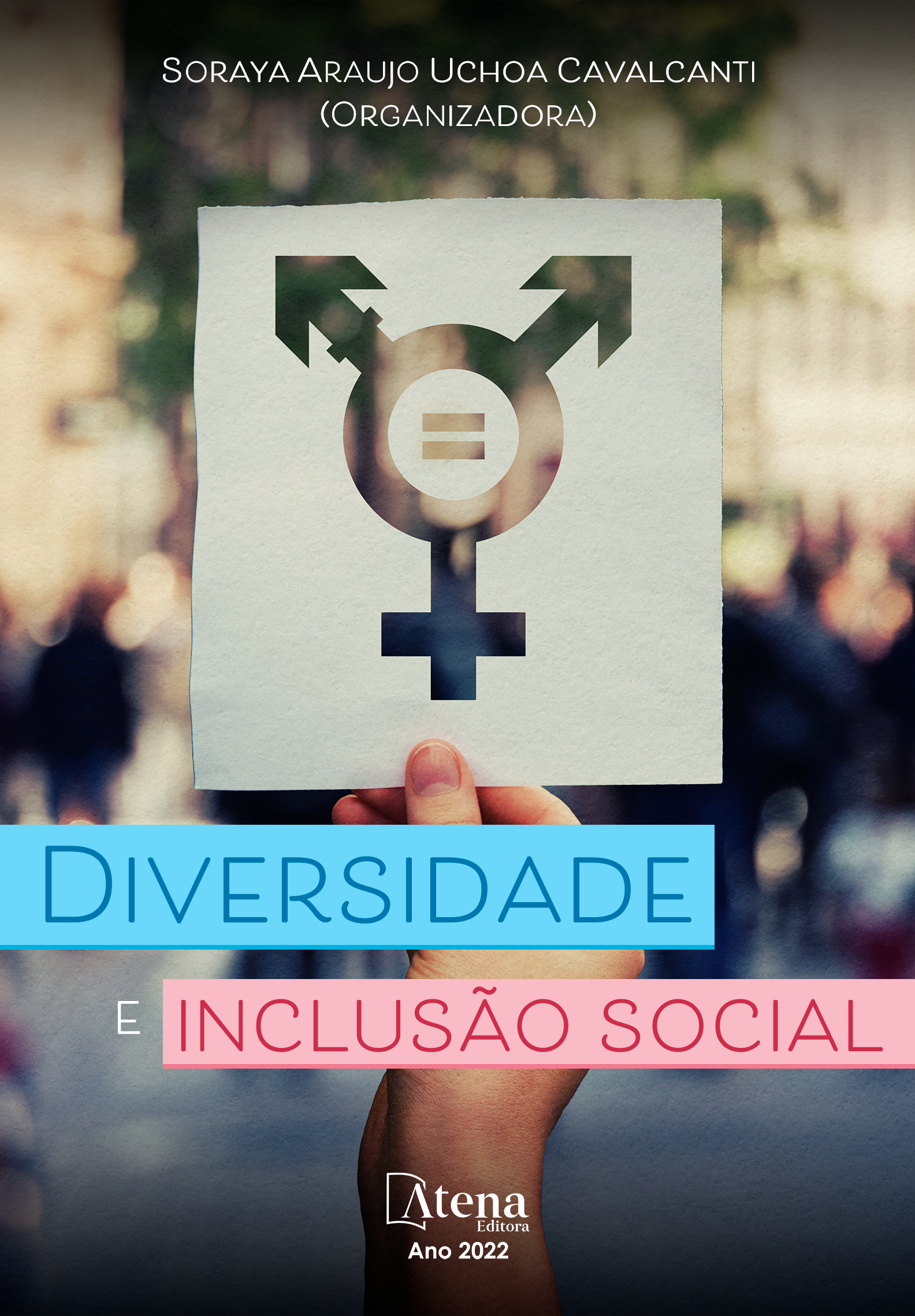
AZUL É DE MENINO, ROSA É DE MENINA? QUESTÕES DE GÊNERO ATRAVÉS DE NARRATIVAS (AUTO) BIOGRÁFICAS DISCENTES NO ENSINO FUNDAMENTAL.
O presente trabalho pretende apresentar os resultados de uma pesquisa realizada sobre a temática gênero (história das mulheres), através da perspectiva discente, com uso de narrativas (auto) biográficas, enquanto metodologia para uma comunicação intercultural. Para isso, visou-se conhecer as concepções que os estudantes possuem sobre as questões de gênero em seu cotidiano, inclusive o escolar. Apresentou-se como referencial teórico-metodológico a Educação Histórica, (RÜSEN, 2001, 2007a, 2007b, 2015), Pesquisa-Formação (JOSSO, 2010), fato biográfico, heterobiografia e autobiografia (MOMBERGER, 2008). Em relação às Questões de Gênero, esta investigação analisa as ideias desenvolvidas na elaboração de narrativas (auto) biográficas a partir do referencial de que gênero são constructos discursivos performativos (BUTLER, 2003, 2011), evidenciadas em relações de poder heteronormativas inseridas em sociedades andronormativas. (HOWES NETO, 2017). O público alvo foi uma turma de oitavo ano, do ensino fundamental, de uma escola estadual do município de São Gabriel, RS. Utilizaram-se narrativas (auto) biográficas enquanto método em pesquisa qualitativa, para posterior exame das concepções dos estudantes em relação às questões de gênero. Nesse ínterim, promoveram-se discussões sobre vivências que envolvessem violência contra as mulheres na cidade de São Gabriel, isso comparado com as condições das mulheres no período da mineração, século XVIII. Muitas das narrativas apresentadas pelos estudantes refletem visões de uma sociedade machista, misógina e vivências bastante impactantes em relação ao tema. As narrativas (auto) biográficas foram escolhidas porque possibilitam maior autonomia em relação ao conhecimento de si, assim como o diálogo entre o presente-passado por meio da interação entre as construções sociais de gênero que envolvem o cotidiano e os conteúdos de história do referido ano, em um horizonte que trabalhe práticas educacionais que incentivem a liberdade e autonomia estudantis.
AZUL É DE MENINO, ROSA É DE MENINA? QUESTÕES DE GÊNERO ATRAVÉS DE NARRATIVAS (AUTO) BIOGRÁFICAS DISCENTES NO ENSINO FUNDAMENTAL.
-
DOI: 10.22533/at.ed.6772220012
-
Palavras-chave: Questões de gênero; Metodologias (auto)biográficas; comunicação intercultural.
-
Keywords: Gender Questions; (Auto) biographical narratives; Intercultural Comunication
-
Abstract:
The present work intends to show the results of a research that was carried out about the gender thematic (story of women), through a student perspective, using the (auto) biographic narratives, while methodology for the Intercultural comunication. For this, we seek to know the conceptions which the students have about the gender questions in their daily life, including the school one. We presented as theoreticalmethodological approach the Historical Education, (RÜSEN, 2001, 2007a, 2007b, 2015), Research-Education Training (JOSSO, 2010), bibliographical fact, heterobiography and autobiography (MOMBERGER, 2008). In relation to the Gender Questions, this investigation analyzes the ideas developed in the elaboration of (auto) biographical narratives from the approach that gender are performative discursive constructs (BUTLER, 2003), evinced in heteronormative relations of power inserted in andro-normative societies (HOWES NETO, 2017). The target public was a class of eighth grade, of elementary school, of a state school from São Gabriel city, Rio Grande do Sul. We used (auto) biographical narratives while method in qualitative research, for subsequent exam of the student’s conceptions in relation to the gender questions. In this meantime, we promoted discussions about their experiences of situations which involved violence against women in São Gabriel city comparing with the condition of the women in the period of mining, 18th Century. Several of the narratives presented by the students reflect views of a chauvinist society, misogynist and experiences quite impacting in relation to the theme. The (auto) biographical narratives were chosen because they allow greater autonomy in relation to the knowledge itself, as well as the dialogue between present-past by means of the interaction between the social constructions of gender that involve the daily life and the history contents of the referred grade, in a horizon that works educational practices which encourage the freedom and autonomy of the students.
-
Número de páginas: 15
- Jorge Luiz da Cunha
- Janine Dorneles Pereira


